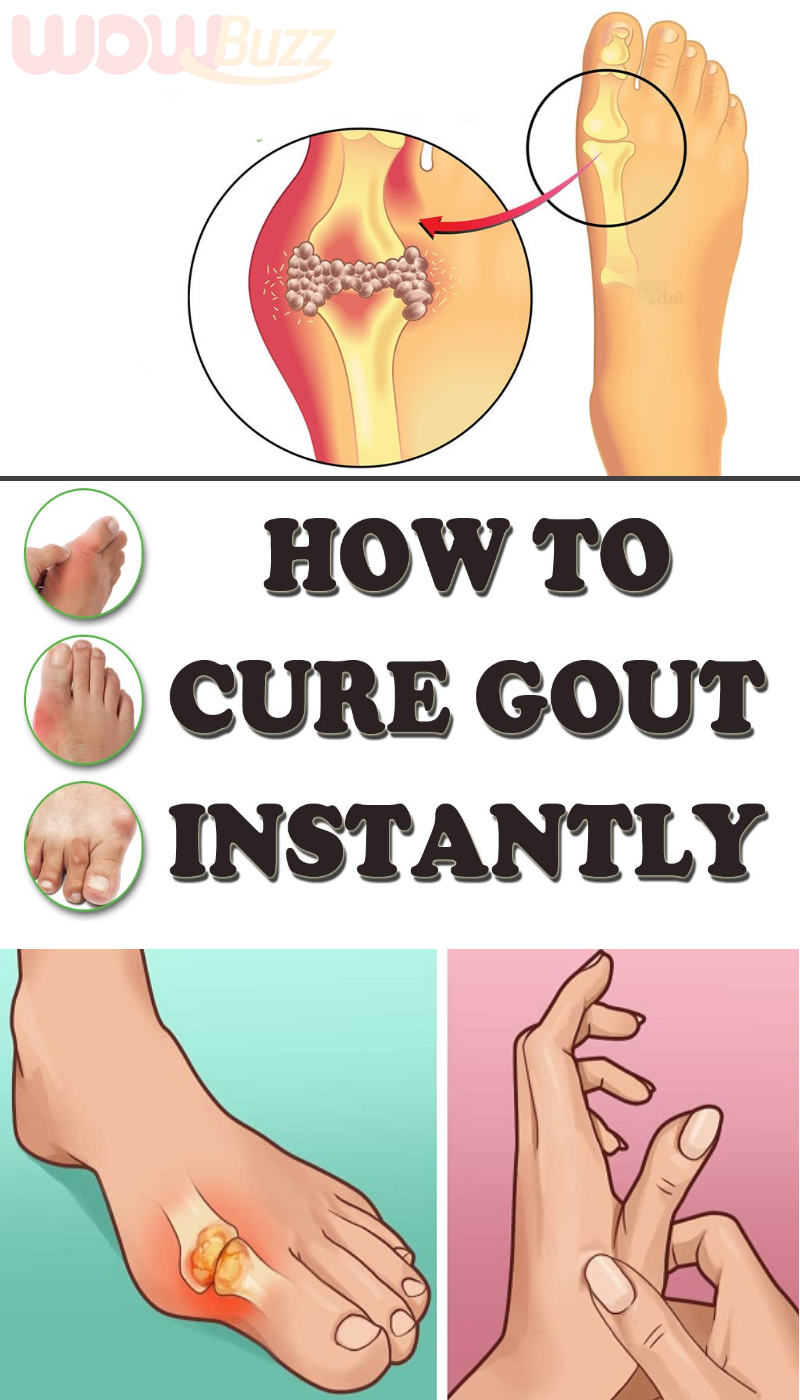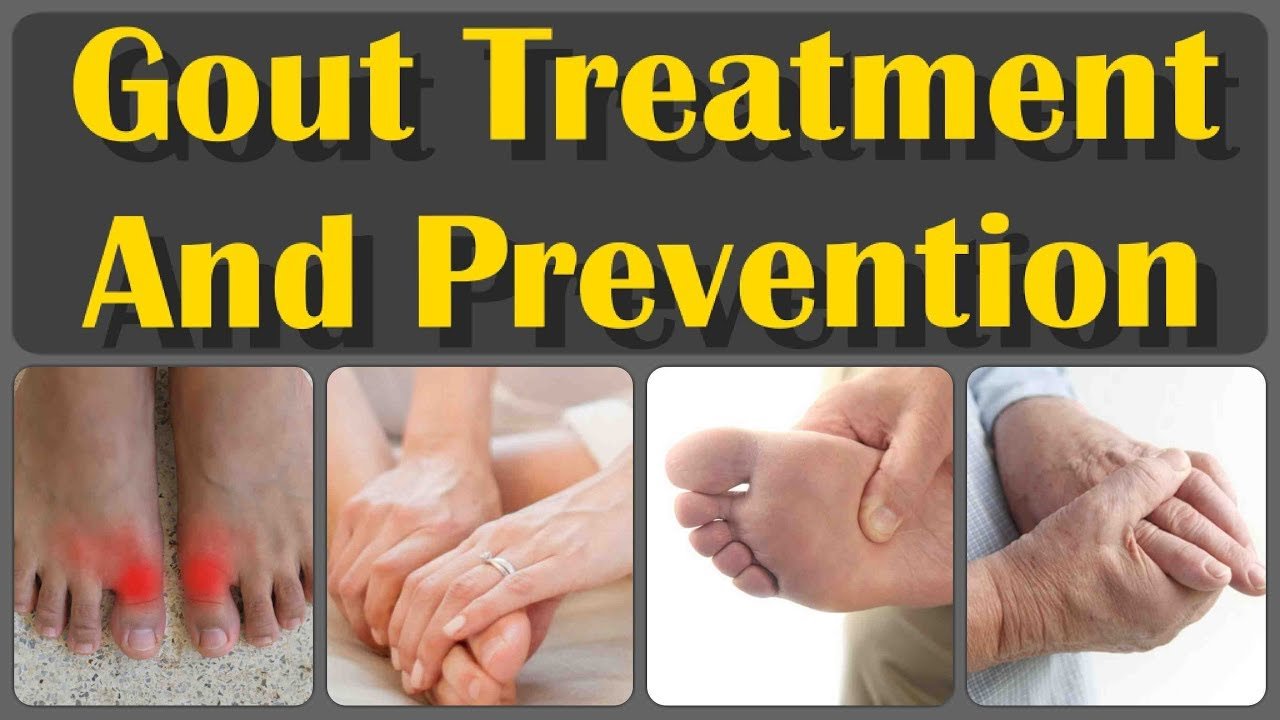About Dr Stuart Weisman Md
Rheumatology Department Boulder Medical Center
Dr. Weisman opened his rheumatology practice at Boulder Medical Center in 2002. Rheumatology is a sub-specialty in internal medicine that is devoted to diagnosing and treating arthritis and other musculoskeletal conditions and autoimmune diseases. Dr. Weisman treats the full range of rheumatic conditions including:
- Rheumatoid arthritis
Gout Remedies That Work
Gout is something that plagues more and more people every day, and its caused from uric acid buildup in the body. I want to go over my top six home gout remedies all-natural ways to beat gout symptoms but right before that, go over the diet that is crucial to get rid of gout, along with the worst food offenders.
So if you have gout, the first thing you have to do is eliminate the excess sugar and grains in your diet, as well as processed meat. That means you need to kick that sugar addiction, as sugar feeds yeast in the body and conventional grains turn into sugar. Meanwhile, those meats are full of unhealthy hormones and antibiotics, and theyre so acidic to your system. In terms of beverages, its important to stay away from alcohol. Diet- and drink-wise, those are the best things you can do right now to eliminate gout symptoms.
In terms of a gout diet, its key to begin eating plenty of vegetables, fruits and organic meats. Some of the best foods include bone broth and my Chicken Vegetable Soup recipe.
How To Reduce Swelling In Ankle From Gout: You Have To Know This
Gout is becoming more and more common and its one of the worst issues to have
So I fully understand why youre interested in How To Reduce Swelling In Ankle From Gout.
Nonetheless
Im working on a brand new video to go over How To Reduce Swelling In Ankle From Gout in detail!
So I apologize for the delay.
Please however, this post may be really beneficial to you because well be going over
- What is Gout & can you get rid of it?
- How thousands of people have stopped gout pains
So lets get into it. Sound good?
Perfect.
Don’t Miss: Is Onion Bad For Gout
Pain Relief Without Medicine
Use cold. If your pain isn’t too bad, try cold packs or compresses on the joint to lower inflammation and soothe the ache. Wrap ice in a thin towel and apply it to the joint for up to 20 minutes several times a day. Do not apply ice to your hands or feet if you have nerve problems from diabetes or other causes.
Rest the joint. It’s a good idea to rest it until the pain eases up. You probably won’t want to move it much anyway. If you can, raise the joint on a pillow or other soft object.
Drink water. When your body doesnât have enough water, your uric acid levels rise even higher. Stay hydrated to help keep those levels normal.
Watch what you eat and drink. Foods that are high in substances called purines, such as some seafood, organ meats like liver, and fatty foods, can raise the uric acid in your blood even more. So can fructose-sweetened drinks and alcohol — especially beer.
How To Reduce Swelling And Bruising

Reducing Bruising and Swelling
- Ice packs or cold compresses: Apply a soft ice pack to the area that was operated on.
- Keep your head elevated: For the first two or three days after surgery, keep your head elevated while sleeping.
- Drink water: Drink the recommended amount of water to flush your system.
- Consider taking arnica montana or bromelain: Talk to Dr. Mark Deuber to find out if taking arnica montana or bromelain supplements is appropriate.
- Limit activity: Overexerting yourself in the first couple of weeks after surgery can worsen bruising and swelling and delay healing.
You May Like: Allopurinol Side Effects Alcohol
Medications For Acute Gout
What Are The Symptoms Of Gout In The Ankle
The main symptom of gout in the ankle is pain and discomfort in the surrounding area. Keep in mind that gout is often unpredictable, regardless of the joint its affecting. You might go weeks or even months without any symptoms, only to wake up with a burning pain in your ankle.
In some cases, gout starts out in one of your big toes before moving on to other areas, such as your ankle. Over time, these flare-ups may last longer than they previously did.
Other symptoms you might feel from gout in your ankle include:
- tenderness
Recommended Reading: Pistachios Nuts And Gout
Gout Frequently Flares In Your Knee But You May Not Always Know That Your Knee Pain Is Due To Gout Heres How To Tell Since Prompt Treatment Can Reduce Your Risk Of Complications
Knee pain can be a common symptom of several types of arthritis, as well as many other conditions or injuries. If your knee stiffness is accompanied by a burning pain and is warm to touch, you may have a gout flare in the knee.
Though gout is most often associated with the big toe, gout tends to flare in areas that already have arthritis, says Robert Keenan, MD, a rheumatologist with Articularis Healthcare in Summerville, South Carolina. Although gout can strike in many different joints, as a general rule, gout works its way up the body. If its not treated, it works its way up from the big toe, through the ankle, to the knee, and then to the lower spine and so on.
Gout can affect both knees, but typically is felt more strongly in one knee say, where you may have arthritis wear-and-tear to begin with.
Learn more about what causes gout in the knee, as well as ways to treat the pain and prevent it in the future.
Get Answers Advice And Medicine
The pain from a gout attack usually gets better in 3 to 10 days. But youâll feel better faster if the gout is treated. If you think you might have it, contact your doctor. An exam and tests will show if itâs gout or something else, like an infection.
Talk with your doctor about the best medicines for you. The type will depend on how well your kidneys work, the possible side effects, and other health issues.
Don’t Miss: Almonds Good For Gout
Who Is Affected By Gout
Gout can affect anyone. It usually occurs earlier in men than women. It generally occurs after menopause in women. Men can be three times more likely than women to get it because they have higher levels of uric acid most of their lives. Women reach these uric acid levels after menopause.
People are more likely to get gout if they have:
- Obesity, or a lot of extra weight.
You are also more likely to develop gout if you:
- Consume a diet high in animal proteins
- Consume a significant amount of alcohol
- Are on water pills .
Can It Lead To Any Complications
If left unmanaged, gout-related inflammation can cause permanent damage to your ankle joint, especially if you have frequent flare-ups.
Over time, lumps of uric acid crystals, called tophi, can also form around your ankle. These lumps arent painful, but they can cause additional swelling and tenderness during a flare-up.
Recommended Reading: Almond And Gout
Is There A Test For Gout
There is no one test for gout, and its symptoms are similar to several different conditions. To see if you have gout, your health care provider may:
- Ask you to provide your medical history, including:
- Your symptoms.
- Any other medical problems you have.
- Any medications you are taking.
Managing Gout Foods To Avoid

If youre prone to gout, the foods you eat and dont eat, as well as your lifestyle choices can be key in controlling the disease, Dr. Weisman said. Foods that are high in purines, a natural substance that increases the production of uric acid in your body, can trigger gout attacks. Some foods to avoid:
- Sugary foods and beverages
- Organ meats such as liver or tongue
- Red meat, including beef, lamb and pork
- Seafood
- Beer, wine and liquor
The worst types of seafood are anchovies, herring, sardines, trout, tuna and shellfish, said Dr. Weisman. Alcohol exacerbates gout by increasing uric acid production and decreasing excretion of uric acid. In addition, beer adds purines to your blood.
You May Like: Is Pistachio Bad For Gout
Elevating The Affected Joints
Gout can cause pain and swelling, especially in the feet, hands, knees, and ankles.
One way to reduce swelling is by elevating the affected joints. This encourages blood and fluid to move away from the joint and back toward the heart.
A person can also use an ice-pack in combination with elevation to reduce their gout symptoms.
Who Is At Risk For Gout
Anyone can be affected by gout.
Gout is most common in middle-aged men, especially those with a family history of the disease. Women can get gout, too, most often after menopause.
Your chances of developing gout are higher if you:
- Are overweight
- Drink too much alcohol, especially beer
- Eat a diet rich in meat and fish, which can be high in chemicals called purines
- Take certain medicines, like water pills , that can trigger an attack
Recent research also indicates that genetics may play a big role in determining who gets gout. Ask your doctor if you have questions about your risk for developing this condition.
You May Like: Allopurinol And Alcohol Interaction
How Is Gout Diagnosed
Your health care provider will get your complete medical history and do a physical exam. She may run these exams and tests to diagnose gout:
- Ajoint fluid analysis to see if uric acid crystals are present. This is the only certain way to diagnose gout.
- Tests to measure uric acid levels in blood and urine
There are many conditions with symptoms similar to gout. Be sure to see your doctor for a diagnosis.
What Is The Fastest Way To Get Rid Of Gout
Medications for acute gout attack: These medications are usually prescribed to treat an acute attack of gout:
- Nonsteroidal anti-inflammatory drugs : These can quickly relieve the pain and swelling of an acute gout episode. They can shorten the attack, especially if taken in the first 24 hours.
- Corticosteroids: These drugs can be taken by mouth or injected into an inflamed joint to quickly relieve the pain and swelling of an acute attack. Corticosteroids usually start working within 24 hours after they are taken.
- Colchicine: An anti-inflammatory medicine that works best if taken within the first 24 hours of a gout attack.
Medications for reducing uric acid levels: These are usually prescribed after an acute attack ends to reduce uric acid levels in the body to prevent future attacks.
- Colchicine: Regular and low doses of colchicine may be given along with other medications below to prevent flare-ups.
- Allopurinol: It reduces uric acid production in the body.
- : It reduces uric acid production in the body.
- Probenecid: It acts on the kidneys to help eliminate uric acid.
- Pegloticase: This is a medication that is injected every 2 weeks. It reduces uric acid quickly and used when other medications fail.
Lifestyle and home remedies to treat acute gout and can prevent recurrent attacks:
- Limiting or avoiding alcohol consumption and drinks sweetened with fructose
- Limiting intake of foods high in purines, such as red meat, organ meats, and seafood
- Drinking plenty of fluids
Don’t Miss: Gout In Heel Pictures
Southern Cross Medical Library
The purpose of the Southern Cross Medical Library is to provide information of a general nature to help you better understand certain medical conditions. Always seek specific medical advice for treatment appropriate to you. This information is not intended to relate specifically to insurance or healthcare services provided by Southern Cross. For more articles go to the Medical Library index page.
How To Reduce Swelling In Feet From Gout: What You Should Know
Gout is becoming more and more common and its one of the worst issues to have
So I fully understand why youre interested in How To Reduce Swelling In Feet From Gout.
Nonetheless
Im working on a brand new video to go over How To Reduce Swelling In Feet From Gout in detail!
So I apologize for the delay.
Please however, this post may be really beneficial to you because well be going over
- What is Gout & can you get rid of it?
- How thousands of people have stopped gout pains
So lets get into it. Sound good?
Perfect.
Recommended Reading: How Do You Take Care Of Gout
Read Also: Gout And Tofu
Home Care For A Gout Flare
If your doctor has diagnosed you with gout and given you medicine for a flare-up, take the medicine as directed when you know youâre having one. In most cases, that will probably be as soon as the first signs begin.
Your doctor may prescribe nonsteroidal anti-inflammatory drugs such as celecoxib, indomethacin, meloxicam, or sulindac or suggest you take over-the-counter NSAIDs, like naproxen or ibuprofen. Depending on your medical history, your doctor may prescribe steroids or other medicines to reduce inflammation, such as colchicine .
In some cases, you already may be taking medicine like colchicine to prevent gout flare-ups. Your doctor may have also suggested:
If you canât take allopurinol or it is not effective, your doctor may prescribe . It should be used with caution, however, because it has been linked to increased risk of death from heart disease and from other causes.
Just because you have a flare doesn’t mean these medicines aren’t working. In the first few months that you take them, you may have an attack as your body adjusts to the drug. Your doctor will likely have given you something to take if this happens, too.
If youâve been taking preventive gout medicine for a long time and youâre having flares for the first time in a while, call your doctor. They may talk to you about changing your dosage or your medicine.
Gout Remedies For Pain

1. Drink More WaterThe more water you drink, the more level youre able to keep the uric acid levels in your body. When you dont drink enough water, the uric acid levels rise and cause more pain. Drink water throughout the day to keep the levels normalized and to reduce pain.
2. Apply a Cold CompressApplying a cold compress to the affected area can help ease pain and inflammation. Apply the cold compress to the area for 20-30 minutes several times a day- you can make one using a bag of crushed ice or a pack of peas and a dish cloth.
3. Rest and RelaxIf youve had a gout attack, one of the best things you can do is rest your body. Stress can aggravate gout, so relax as much as you can- watch Netflix, call a friend, read a book or listen to music to get you into a relaxed state. Whatever you do, dont go on any long walks or stand for a long time- this will make the pain much worse.
4. MedicationIf you feel the symptoms of a gout attack coming on, use what you have on hand right away. Over-the-counter ibuprofen or naproxen will help relieve the pain, but never take Aspirin, which can actually make your symptoms worse. If youve been prescribed an anti-inflammatory by your doctor for your gout flare-ups, make sure to take the recommended dose. If you have frequent pain and flare-ups, you may be prescribed a daily medication of a uric acid lowering drug.
If youve been dealing with gout, we hope these prevention tips and remedies help ease the pain and discomfort!
- Pin
Also Check: Onions Bad For Gout
What Are The Signs And Symptoms Of Gout
Gout flares start suddenly and can last days or weeks. These flares are followed by long periods of remissionweeks, months, or yearswithout symptoms before another flare begins. Gout usually occurs in only one joint at a time. It is often found in the big toe. Along with the big toe, joints that are commonly affected are the lesser toe joints, the ankle, and the knee.
Symptoms in the affected joint may include:
- Pain, usually intense